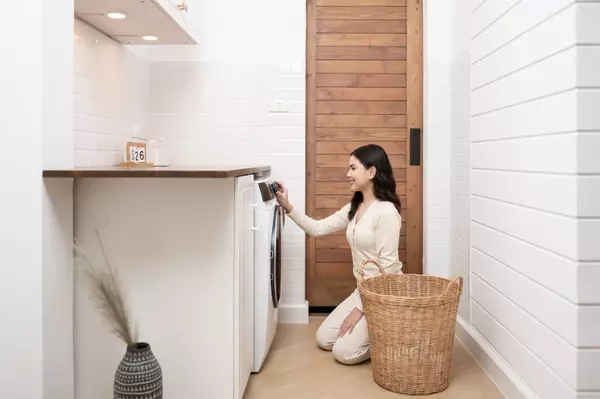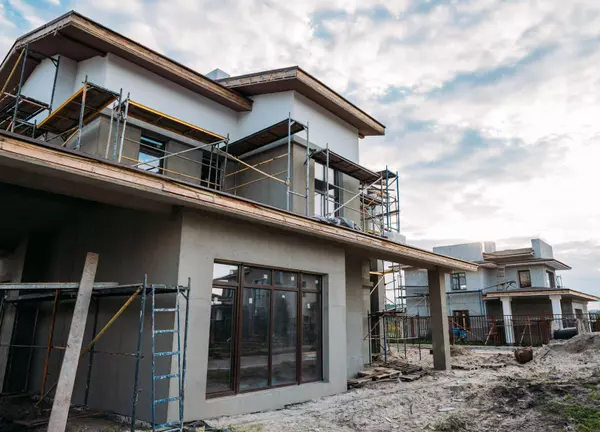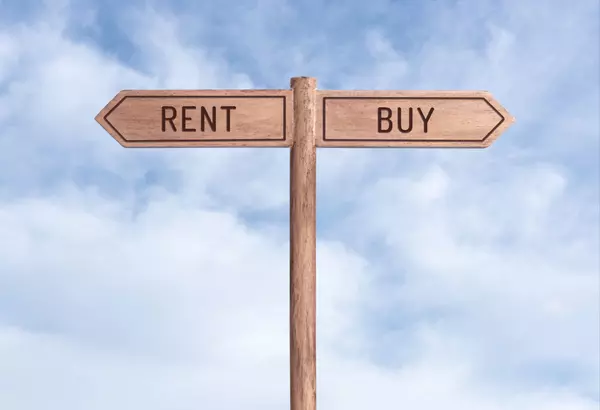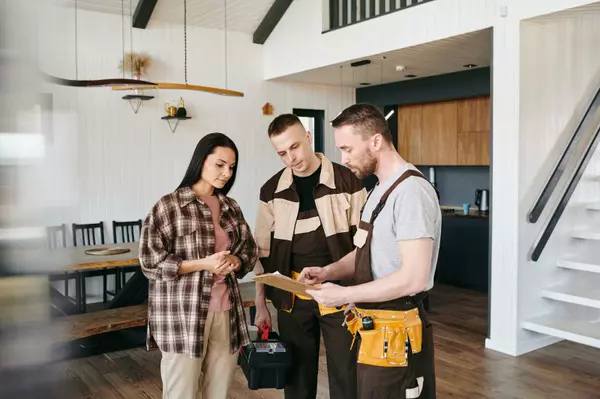So You Want to Flip a House….

It's all about the math:
Flipping a house is primarily a numbers game. Before diving into a flip, conduct thorough market research, analyze the potential costs, and estimate potential profits. Ensure that the purchase price, renovation expenses, and potential selling price align with your financial goals.How much can you sell it for?
Determining the potential selling price of the flipped house is crucial. Research comparable properties in the area, consult with real estate professionals, and consider market trends to gauge the achievable sale price. Aim for a selling price that allows for a profitable return on your investment.Location, location, location:
The location of the property plays a significant role in the success of a flip. Choose a desirable neighborhood with amenities, good schools, and a strong housing market. Properties in prime locations generally have higher resale values and attract more potential buyers.Time is of the essence:
Flipping houses requires efficient project management. Develop a realistic timeline for the renovation process and set milestones. Remember, the longer the renovation takes, the more carrying costs you will incur, potentially eating into your profits.Your contractor is key:
Selecting a reliable and experienced contractor is crucial to the success of your flip. Thoroughly vet contractors, check references, and obtain multiple quotes. A skilled contractor can ensure quality work, timely completion, and adherence to your budget.Focus your renovation dollars in the right places:
Not all renovations yield the same return on investment. Prioritize improvements that will add value to the property and appeal to potential buyers. Focus on kitchen and bathroom upgrades, curb appeal enhancements, and fixing structural issues.Always remember your target buyer:
Consider the preferences and needs of your target buyer when planning renovations. Tailor the design, finishes, and amenities to attract the desired demographic. Understanding the target market will increase the chances of a quick and profitable sale.Permits, permits, permits:
Ensure that all necessary permits are obtained for the renovations. Skipping or overlooking permits can lead to legal issues, fines, or complications during the sale process. Adhering to local regulations and building codes is crucial for a successful flip.There are no guarantees:
Flipping houses comes with inherent risks. Market fluctuations, unexpected expenses, or delays can impact your profitability. Be prepared for unforeseen challenges and have contingency plans in place to mitigate potential risks.Flipping houses is a second job:
Flipping houses requires time, effort, and dedication. Treat it as a second job and be prepared to invest considerable time overseeing the project, managing contractors, and handling the logistical aspects of the flip.Have a plan, a budget, and stick to it:
Create a detailed plan for the renovation, including a budget for each aspect of the project. Stick to the budget and avoid overspending on unnecessary upgrades or materials. Diligent financial management is essential for maximizing your profits.Work with a REALTOR who has experience guiding people through the flipping process:
Partnering with a real estate agent who has experience in the house flipping market can be invaluable. They can provide insights into market trends, assist with pricing strategies, and guide you through the selling process, maximizing your chances.Categories
Recent Posts

8 Ways Sellers Hurt Their Own Real Estate Sale

4 Common Mistakes Home Buyers Make When Purchasing a Property

5 Often Overlooked Features of a Home That Helps It Sell

The Ultimate Guide to Buying a Home in Southwest Florida

What is a "spec home" when discussing Naples real estate?

8 Signs You're Ready to Stop Renting and Start Owning

How to Meet People and Make Friends in Naples Florida

A Gorgeous Lakewood Home at 4590 Eagle Key. Close to Beaches, Shopping and DIning

What to Expect When You're Inspecting

10 Tips for First-Time Buyers Purchasing Their First Home or Condo
